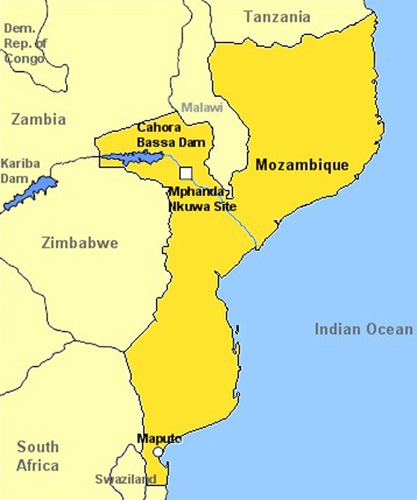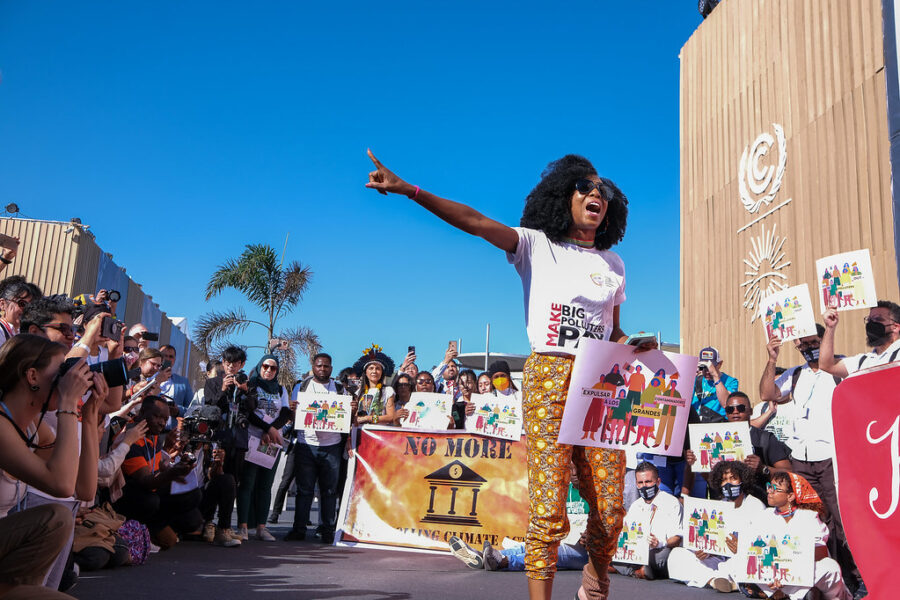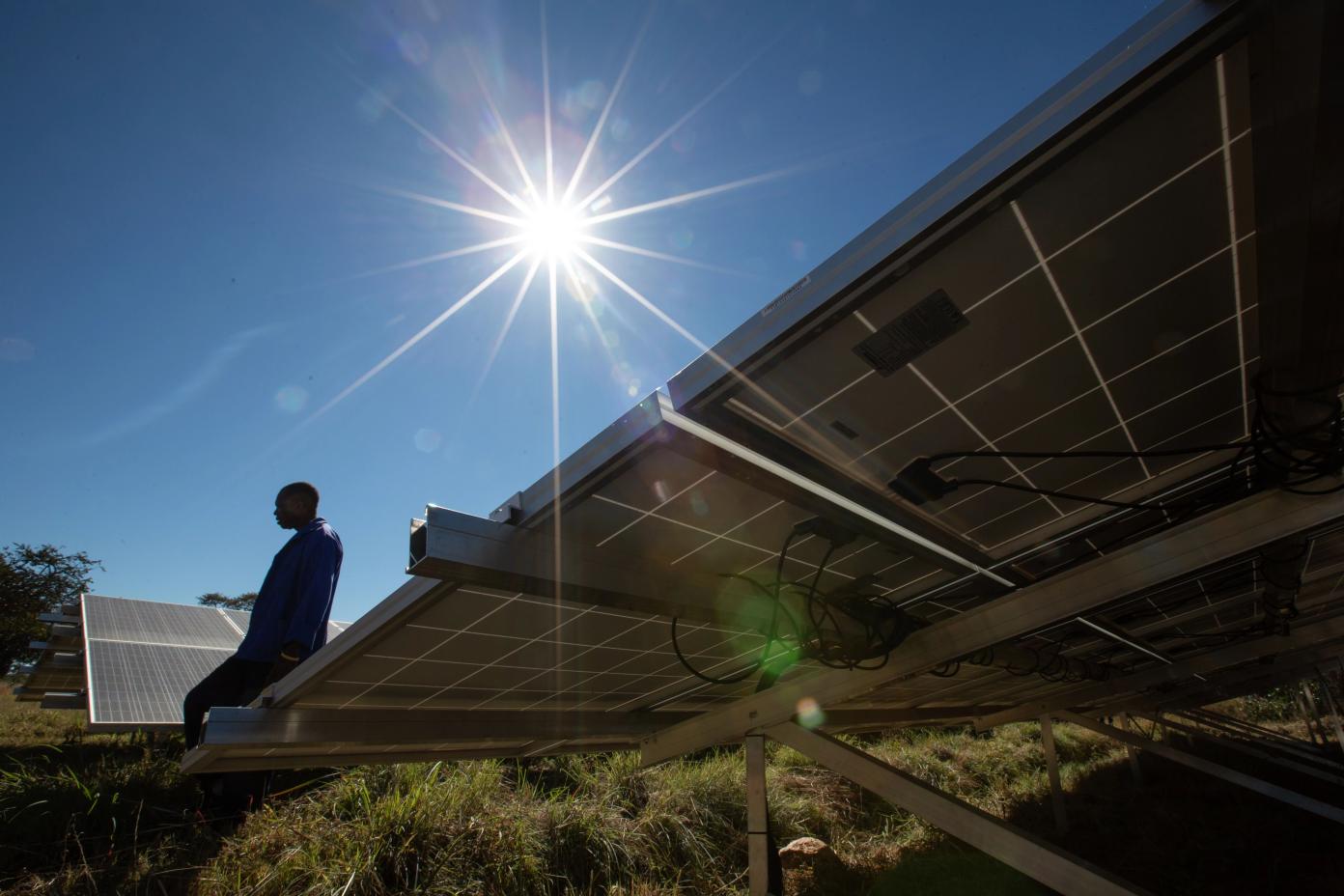Mixed results in UN Decade of Sustainable Energy for all
19/4/2024: The global population with access to electricity has increased from 87 per cent to 91 per cent since 2015 but this progress has not been shared equitably. The goal of energy for all requires more funding and international cooperation.
Source: UN News
World Bank aims to bring electricity to 300 million Africans
18/4/2024: By doubling its spending to $6 billion per annum and working in partnership with the African Development Bank, the plan would halve the 600 million people currently living without electricity on the continent by 2030. All new power generation will come from renewable energy sources. Campaigners question how the plan will be any different from similar past World Bank initiatives.
Source: Devex
Green hydrogen: Africa’s can break the extractive dynamic
25/10/2023: Several European governments are exploring agreements with African countries to produce green hydrogen through huge renewable energy farms. These agreements should be conditional on action to offset energy poverty on the continent, where 600 million people lack access to electricity.
Source: African Arguments
Power for Africa: The boom of nuclear energy?
19/10/2023: Many African countries are eyeing nuclear power to solve electrification challenges, often in partnership with energy companies from China and Russia. Experts say this is the wrong direction, pointing to solar energy as a welcome alternative for the sunny continent.
Source: DW
Uganda charcoal ban ignites transition debate
2/10/2023: The Ugandan government's ban of commercial charcoal, whose burning releases high levels of carbon and other pollutants, has largely been welcomed by environmentalists. However, the policy has also highlighted the complexities of transitioning from dirty energies to cleaner sources. Only 45% of Ugandans, as of 2020, were connected to the domestic grid.
Source: African Arguments
Fixing Africa’s electricity woes needs more than power
2/8/2023: The total number of people without access to electricity in sub-Saharan Africa stayed roughly the same in 2021 as in 2011, according to the latest energy progress report published by a group of international agencies. More than four out of five people living in rural areas remain without power.
Source: DW
Is India’s renewable energy push a threat to food security?
14/6/2023: India needs to double its electricity requirements by 2030 to fulfill its growing demand but targets for renewable energy may come at the cost of agricultural land being converted into solar farms. Consultation standards are poor and there are at least 12 ongoing conflicts between local communities and solar companies across eight states in India.
Source: Devex
World Bank backs controversial mega dam in Mozambique
 6/3/2023: The government of Mozambique has touted the Mphanda Nkuwa dam as key to the southern African nation reaching its goal of universal energy access by 2030. Environmental groups say the dam threatens to negatively impact local communities and ecosystems.
6/3/2023: The government of Mozambique has touted the Mphanda Nkuwa dam as key to the southern African nation reaching its goal of universal energy access by 2030. Environmental groups say the dam threatens to negatively impact local communities and ecosystems.
Source: Climate Home News
A manifesto for an ecosocial energy transition from the South
 3/3/2023: Movements from the Global South believe that world economic priorities put pressure on their countries to yield up rare minerals and land to deliver renewable energy. They propose an alternative energy transition that combines social justice with environmental justice.
3/3/2023: Movements from the Global South believe that world economic priorities put pressure on their countries to yield up rare minerals and land to deliver renewable energy. They propose an alternative energy transition that combines social justice with environmental justice.
Source: African Arguments
New initiative to finance minigrids in over 20 African countries
 15/11/2022: Launched at COP27, the Africa Minigrids Program aims to mobilise $65 billion in new investments to accelerate the deployment of renewable energy minigrids in 21 countries. Half of the people living in sub-Saharan Africa lack access to electricity.
15/11/2022: Launched at COP27, the Africa Minigrids Program aims to mobilise $65 billion in new investments to accelerate the deployment of renewable energy minigrids in 21 countries. Half of the people living in sub-Saharan Africa lack access to electricity.
Source: UN Development Programme